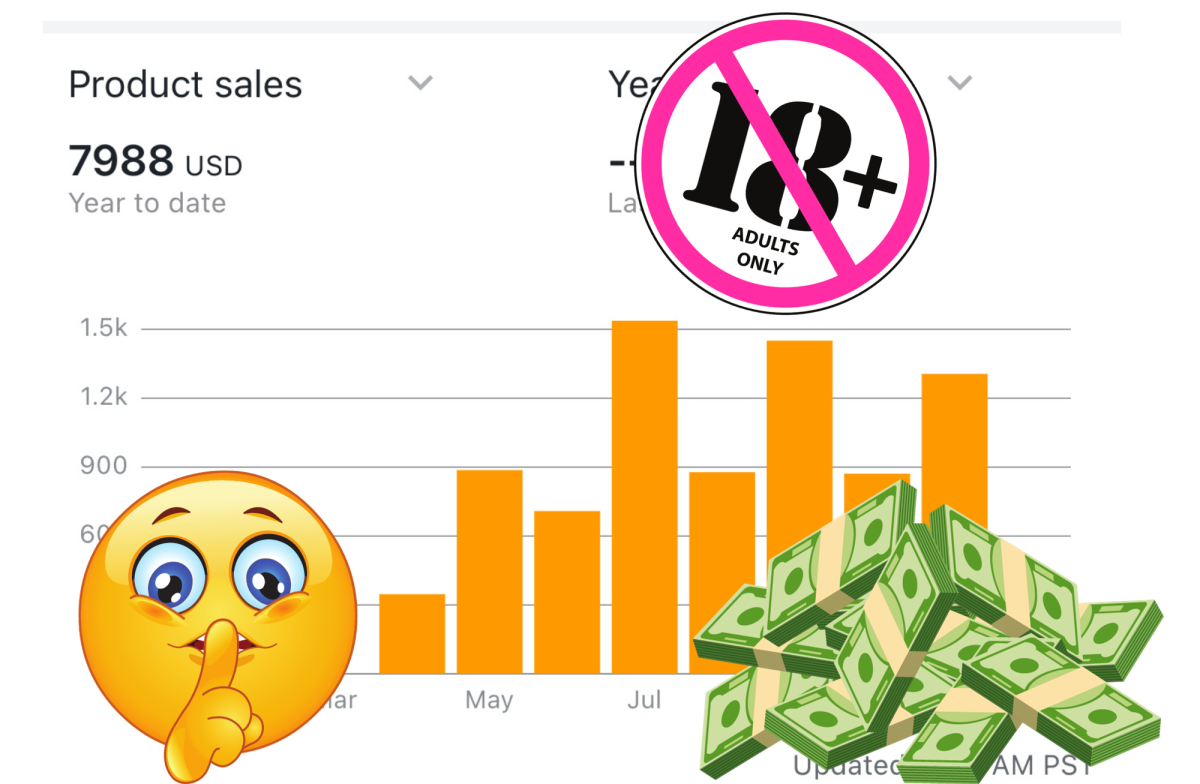How to Use The Google Keyword Tool

Introduction
Keyword tools are imperative in every search engine marketer's arsenal. The information they provide can be the difference between a successful and a futile campaign. The time they save can help marketers complete significantly more projects than they would have otherwise.
So many keyword tools exist today; some of them are free, some of them are paid - and with the sometimes steep monthly prices of the paid tools, it's not hard to realize the reason why many marketers utilize free tools, in spite of the lack of those extra features that are truly eye-catching and helpful.
Using The Google Keyword Tool
Learning how to use the Google keyword tool is relatively simple and doesn't require days of usage particularly with the aid of a guide like this. Google's tool is prominent among the free tools for the fact that it's data is derived from the top search engine in the world, and it's level of accuracy is respectable.
However, the Google keyword tool can ofttimes mislead it's users if used wrongly and ignorantly or if it's results are misconceived. Therefore, it can be helpful and detrimental or destructive at the same time. There are several facets related to the appropriate use of the Google keyword tool, all of which are explained below in steps.

How to Use The Google Keyword Tool
Once opened, the tool presents itself in a nice, organized, and intuitive interface, ready to be used. The research starts with the selection of match types on the left.
Match Types
There are three kinds of match types available for selection: broad, phrase, and exact match type. These match types absolutely influence the approximate search volume of each keyword displayed and the cost-per-click prices. When the purpose of keyword research is to build a website that would receive free traffic from Google once it gains traction, marketers ignore all other match types and focus only on the exact match type.
This is so because the search volumes are misleading with other match types. For example, using the keyword "red girls shoes",
Broad match: 57,000 searches per month
Phrase match: 30,000 searches per month
Exact match: 7,000 searches per month
When a marketer gets his or her website ranked for that keyword, he or she will receive a number of visitors close to the exact match search volume and not anywhere near the rest because those searches for the broad match include searches for other keywords, like "red", "girls", "shoes", "red girls", "red shoes", "girls shoes", etc. which the marketer's website isn't ranking for.
The phrase match searches also include searches that contain the exact keyword and other words, e.g. "red girls shoes in New York", which the marketer's website isn't ranking for. So if a marketer wants to find a 5,000 searches per month keyword, he or she has to tick exact match and untick the rest, otherwise the results will be inaccurate.
Location, Devices, Language
This depends on the country whose residents are most likely to visit the website, buy the products being advertised, participate in the forum hosted on it, etc. If a website will advertise a weight loss pill for the US market, then United States must be selected as the location after expanding the "advanced options and filters" menu. After that, the adequacy of the search volume of any ideal keyword has to be determined by looking at the search volume under the local, rather than global monthly searches column.
If the marketer is targeting users of a specific type of device, e.g. tablets, then the appropriate device has to be selected under the advanced options, otherwise it should be set to show results from "desktops and laptops". The same is applicable to languages and all other settings available under the advanced options.
Searching For a Keyword
The search should begin by the input of a relevant keyword or phrase and then the evaluation of all relevant results to find the suitable keywords that meet the predetermined criteria. The results, just like with many keyword tools, are pervaded by irrelevant and useless keywords that can delay the research and hamper productivity. There are however two ways to minimize this:
1. Selecting a specific category for research using the category option.
2. Using the "exclude terms" box on the left to suppress keywords containing certain irrelevant words.
3. Using the "include terms" box on the left to improve the appearance of keywords containing certain relevant words.
Sorting Keywords
Keywords can be sorted according to their monthly searches, CPC (cost-per-click), etc.For example, if a marketer wants to see the sort the keywords according to their local search volume from the highest to the lowest, clicking on the title of the respective column will do just that. Clicking on it again will change the order from the highest first to lowest first.
What The Competition Column Means
The competition column reflects the fierceness of the competition for Adwords advertisers, not SEO competition. Consequently, it in no way denotes the feasibility of ranking for any keyword and the level of difficulty to be expected, although it is beneficial to Adsense publishers. To them, "high" competition means more advertisers and therefore many relevant ads for their websites' visitors to click on, which equates to more money, while"low" competition means the opposite.
Finding Long-tail Keywords
Using all of the information above, finding tons of relevant and useful keywords should be a breeze, but long-tail keywords are quite elusive if the proper checkbox is not ticked. That checkbox is the "show only ideas....closely related....to my search terms..." box just under the category selection drop-down list. Once ticked, all the results will not only be filled with relevant keywords, they will also contain long-tail keywords extensively.
Saving Data For Future Use
A marketer can save keywords in his or her Google account for future reference or even export the keywords swiftly through four common document types. This is a very useful feature that all users of this tool should take advantage of.
Conclusion
This article is being concluded with the hope that it has helped some marketers, especially beginners, to learn how to use the Google keyword tool. It's not difficult and errors can be intelligently avoided with a little bit of carefulness and patience.








